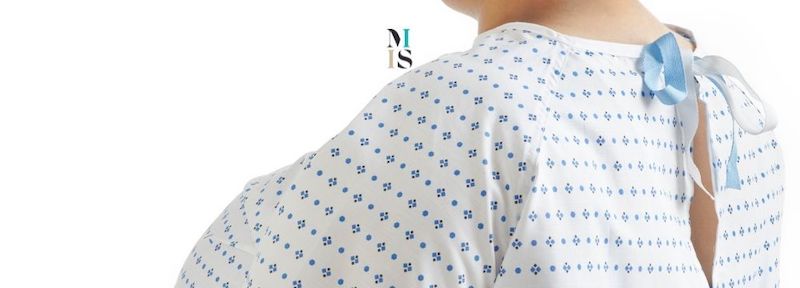Breasts
It is estimated that about one-in-eight women in the United States will be diagnosed with breast cancer over the course of their lives. And while this seems like a startling number, it is worth noting that an incredible amount of research and awareness has yielded benefits in the form of steadily fewer cases of severe breast cancer and fewer deaths. However, one significant risk that we, as a society, have not yet been able to manage, is excess weight.
There have been plenty of studies showing a correlation between excess weight and a higher risk of certain forms of cancer including breast cancer. Excess weight also increases the risk of severe breast cancer. Excess weight is not only a drag on the joints and on a patient’s mental health, but it can raise estrogen and insulin levels. Both hormones can increase the risk of breast cancer.
The Lowdown on Prevention and Detection
Prevention is the key to reducing deaths associated with breast cancer; any cancer in truth. In this case, we must take a two-pronged approach to fight the disease. First, is to reduce the risk of developing breast cancer in the first place. It is interesting to note that while we know excess weight can increase the risk of breast cancer, we don’t have definitive data to show that losing weight reduces that risk. That’s not because of any concrete data. Rather, it is because it’s quite difficult to find a large enough study of participants that have lost a significant amount of weight in adulthood. However, we can assume that a healthier lifestyle would lower the risk of breast cancer, and, at very least, improve metabolic health.
Of course, the other detection measure is regular screening for breast cancer. Fortunately, the incidents of severe cancer and deaths associated with breast cancer have gone down over the years due to better awareness, better screening, and of course, more developed treatment protocols. However, a significant number of women still do not get their appropriate testing, and therefore increase their risk of developing severe disease.
Finally, be sure to follow your doctor’s or breast surgeon’s recommendation on mammograms. Your screening protocol may be more aggressive if you have had prior cancer or if close family members have had breast cancer. Speak to your doctor to understand the appropriate screening interval.
We always encourage our patients to keep their regular appointments with our doctors to help ensure that any pre-cancerous risk factors are caught early and treated appropriately. We look forward to seeing you soon.







